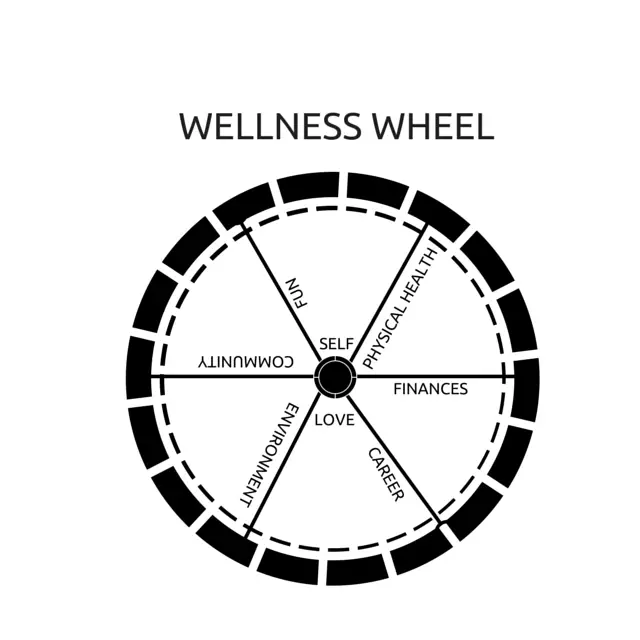The following is a list of risk factors that will heighten a your teen’s chance of getting depression and considering suicide as a valid option. A person could have one  or more of the risk factors to be considered vulnerable, though, it’s often a combination.
or more of the risk factors to be considered vulnerable, though, it’s often a combination.
Factors that raise the likelihood a teen will develop depression and/or consider suicide
1) Dealing with difficult life circumstances:
- Having a childhood history of trauma or abuse and not having dealt with it using therapeutic tools
- Major financial loss suffered by the family
- Loss of valuable relationship
- The death of a close loved one or parent
2) Actions that can worsen mood and lead to major depression:
- Abusing substances like alcohol and drugs
- Not eating enough daily calories or carbohydrates (which are important for brain energy)
- Eating too many processed foods and sugars
- Not getting enough physical exercise
- Spending too much time alone (up to three days without seeing or speaking to anyone)
- Doing something they deeply believes goes against their morality. (ie. having sex when it’s against their religion and the beliefs of their family)
3) Environments that can increase the risk of depression and/or suicide:
- Family history of mental health issues or suicide attempts
- Living in household of trauma or abuse or being in an environment (ie. school or work) where they feel trauma regularly
- Easy to access lethal means like guns or drugs or dangerous objects
- Living in an area where local suicides have occurred
- Lack of social support and sense of isolation
- Lack of health care, especially mental health and substance abuse treatment
- Not having financial stability or living in poverty
- Cultural and religious beliefs, such as the belief that suicide is a noble resolution of a personal dilemma
- Exposure to others who have died by suicide (in real life or via the media and Internet)
4) Having an underlying medical disorder or mental illness that’s affecting mood:
- Mental disorders, particularly mood disorders, schizophrenia, anxiety disorders and certain personality disorders
- Major physical illnesses
- Illness that have them deal with daily physical pain
5) Having a weak emotional IQ:
- Never having learned how to properly deal with emotions. It’s a learned skill that isn’t taught in schools or taught to parents.
- Believing there is something wrong with asking for help, so they try to do it on your own and don’t get very far.
- If they’ve been put down and taught that they aren’t good enough, they may have very low self-esteem.
